OCTOBER 8TH
OCTOBER 13TH
BTCF Board Member Dr. Gia Marson talks with Goop about helping loved ones with an eating disorder.
Breaking the Chains and NEDA
Breaking the Chains Foundation partnered with NEDA in support of National Eating Disorder Awareness Week on February 26 – March 4th by promoting awareness via a variety of our social media networks, celebrity support, sharing NEDA’s screening tool through our social media platforms, as well as having our own online event through out the week. Also joined NEDA in forming our own team for the Los Angeles NEDA Walk on April 7th, walking and raising funds in support of stopping eating disorders.
GREAT NEWS
The award winning short film “FINDING ALICE” was an Official Selection both as a short film and written word in The Hollywood Dreamz International Film Festival and Writer’s Awards in Las Vegas, August 2017!
UPCOMING NEWS
STAY TUNED! – BTCF YOUNG HOLLYWOOD CAMPAIGN
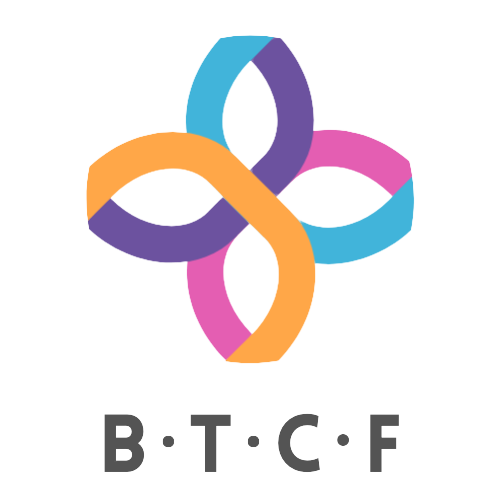

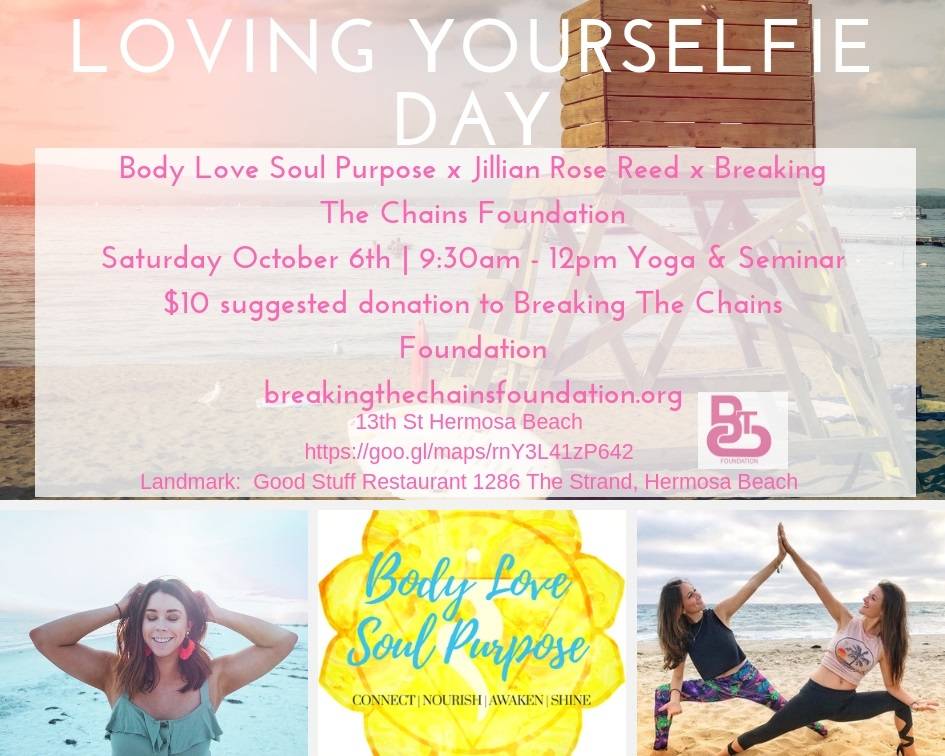
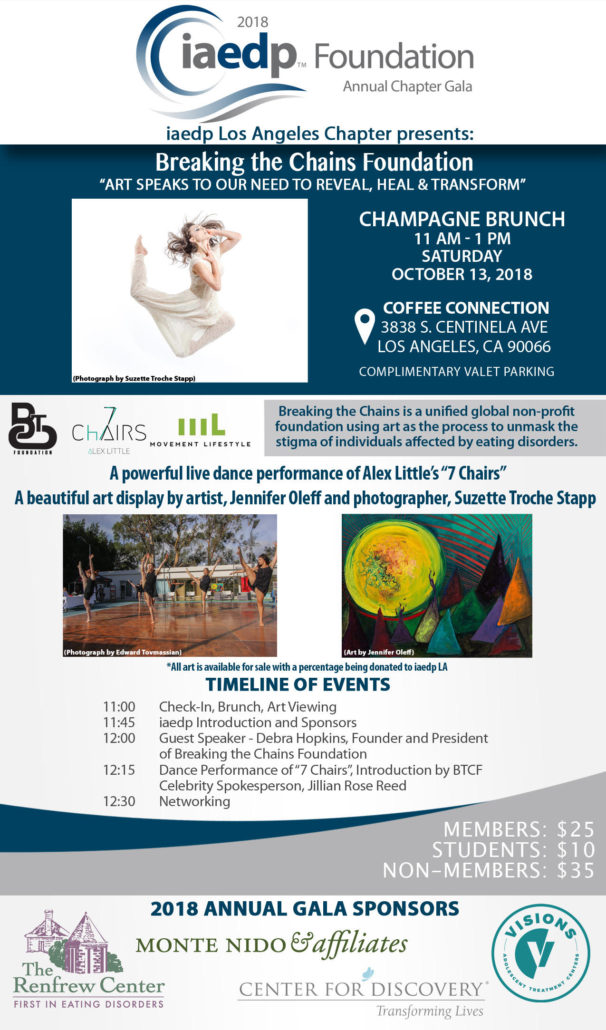

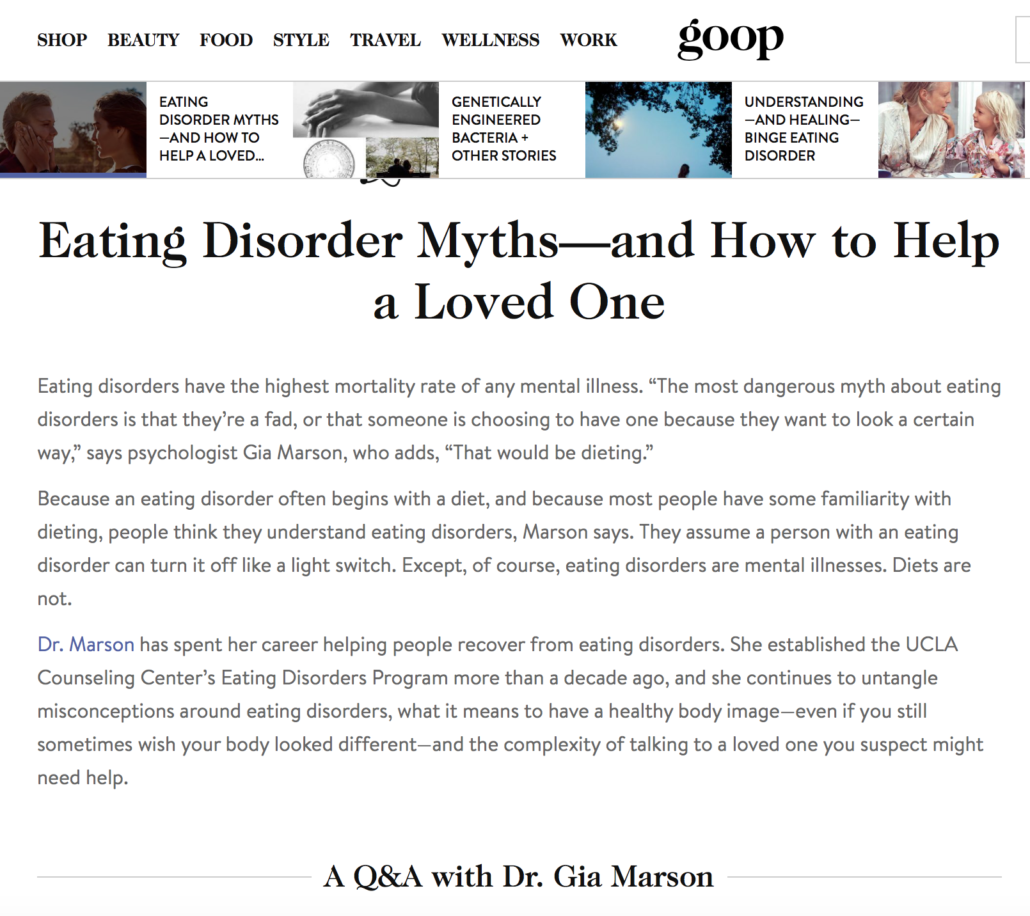
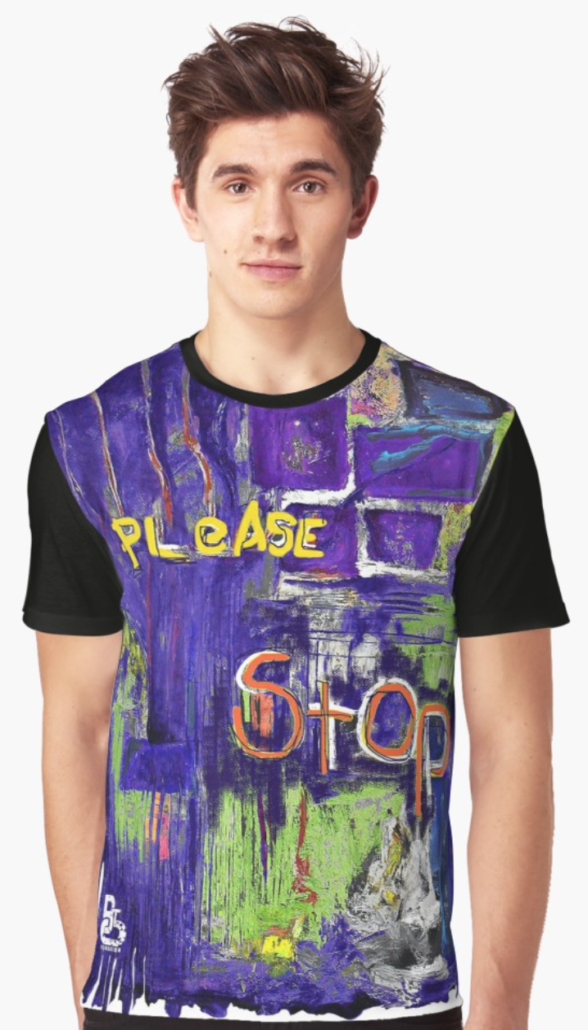

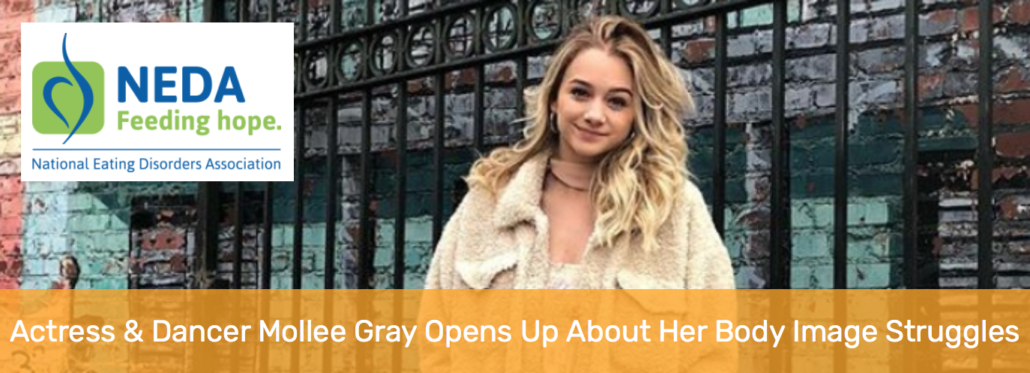
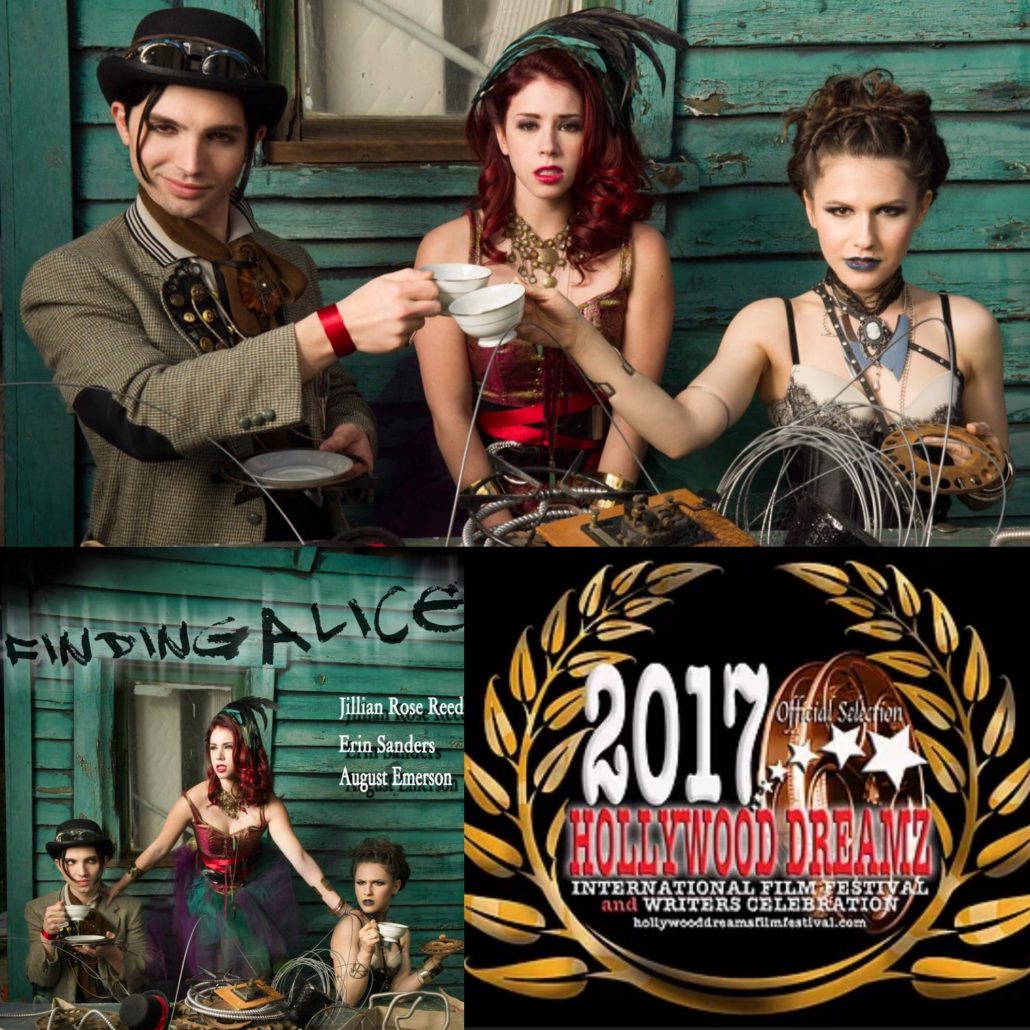
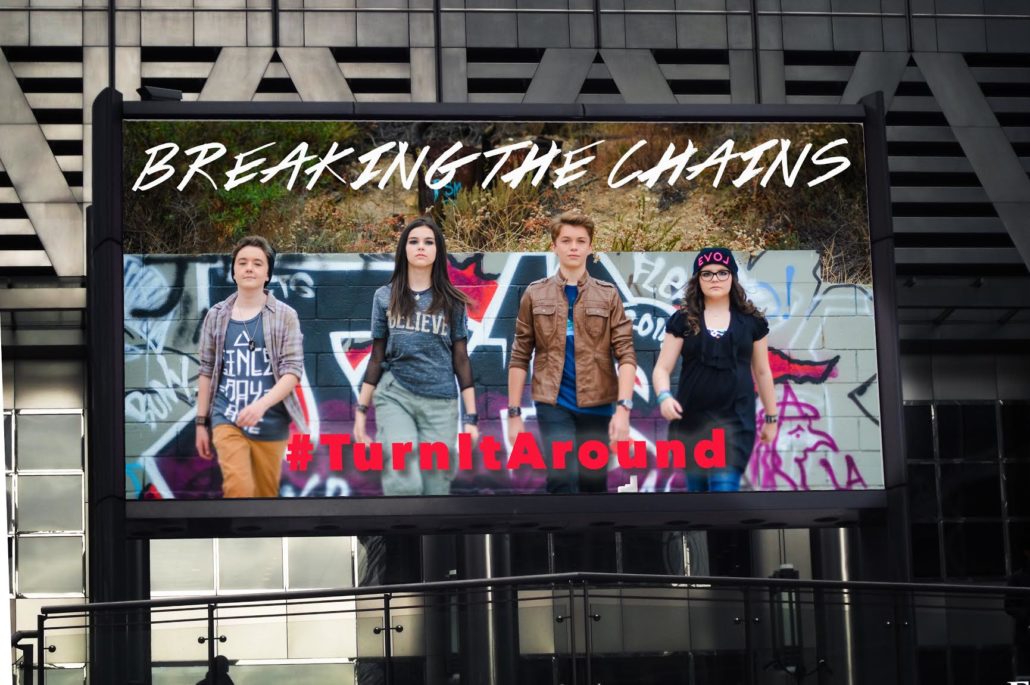



Shattering the Narrative: 3 Actions To Support BIPOC with Eating Disorders
BlogShattering the Narrative: 3 Actions To Support BIPOC with Eating Disorders
by Mia Harris, M.Ed
Eating disorders thrive in isolation and magnify shame. If you are Black, Latinx, Indigenous, or Asian and struggling with one, the stigmatization is devastating.
As awareness increases in the prevalence of eating disorders, misconceptions about who suffers from them are still prevalent even amongst healthcare providers and the community at large. Eating disorders are often seen as solely a rich, white woman’s problem but that is not true. Black teenagers are 50% more likely than white teenagers to exhibit bulimic behavior, such as binging and purging.[i] Also, Hispanic people are significantly more likely to suffer from bulimia nervosa than their non-Hispanic peers. In addition, Asian American college students report higher rates of restriction compared with their white peers and higher rates of purging, muscle building, and cognitive restraint than their white or non-Asian, BIPOC peers.[ii]
Even once BIPOC (Black, Indigenous, People of Color) overcome the hurdle of sharing their struggles with friends and family, getting diagnosed, and finally getting help, finding culturally competent treatment is difficult. “Cultural competence in health care is broadly defined as the ability of providers and organizations to understand and integrate these factors into the delivery and structure of the health care system. The goal of culturally competent health care services is to provide the highest quality of care to every patient, regardless of race, ethnicity, cultural background, English proficiency or literacy.” [iii] Since the root understanding or foundation of who suffers from eating disorders is flawed, clinical care is often compromised, and stigmatization is rampant. This one additional place where people can feel “othered” and it can be harmful to BIPOC clients whether it is intentional or not.
I have been a life-long advocate for quality mental and behavioral healthcare for underserved communities and in my research, I have learned a few ways that clinicians can provide culturally competent care and loved ones can learn more about eating disorders so they can advocate for their friends or family members.
Here are some of the things I’ve found:
While this isn’t an exhaustive list, it’s a start. I encourage everyone that treats people struggling with eating disorders to take charge of their own re-learning and unlearning then share it with a colleague. That’s the only way things are going to change. Don’t wait until someone who looks completely different from you lands in your office to do the work. The work starts now! For family members and supportive others, this may be something that you never imagined dealing with, but recovery happens in relationship with others. By taking these steps you can begin to build that supportive recovery relationship that your loved one deserves.
[i] “People of Color and Eating Disorders” by the National Eating Disorders Association
[ii] “Eating Disorder Symptoms in Asian American College Students” by Rachel C. Uri, Ya-Ke Wu, Jessica H. Baker, and Melissa A. Munn-Chernoff
[iii] Cultural Competence in Health Care: Is it important for people with chronic conditions? Health Policy Institute. (2019, February 13). https://hpi.georgetown.edu/cultural/
About Mia Harris, M. Ed
Mia is a change-agent, public speaker and passionate about bringing awareness to the behavioral and mental healthcare struggles of underserved communities. She helps inform others through her Op-Ed pieces, nationwide presentations and social media content. Mia has a Master’s in Special Education with an emphasis in Autism Intervention and has clinical experience as a speech and behavioral therapist in a variety of settings. Mia brings her passion for serving others to work by holding the role of Regional Director of Outreach at Alsana. She also serves as the Anti-Racism committee lead for the Social Justice Task Force advocating for marginalized communities, and prompting difficult conversations about race in professional settings.
NEDA Connections
PressAN INTERVIEW WITH JULIA KATHARINA
Artist BlogsAN INTERVIEW WITH JULIA KATHARINA
BTCF: How long have you been dancing and how did you begin your journey into this world of dance? What types of dance are you trained in?
JULIA: I have been dancing my whole life. It started as a little girl… whenever I heard life music or any sort of music I just had to dance. On holidays at the age of 4, I would run towards live bands and my parents followed me to find me dancing on the dance floor by myself. I went to my first ballet class at the age of 5 in my small hometown in the south of Austria and fell in love. I choreographed my first pieces when I was 8. And started doing Competitions in Europe and the USA as a teen. My love for dance and Movement just expanded over the years. I am trained in Jazz, I did Ballet and Pointe for a while (still am doing Ballet, because it is SO important) and Musical Theatre. I have a strong technical foundation, which, later, gave me the freedom to fully explore movement. I started doing Contemporary, Commercial and Hip Hop. I love dancing in heels because I feel fully in my feminine Energy and Expression. All these styles as well as Circus and Contortion -training shaped my Movement.
BTCF: You are multi-talented as not only do you dance, sing, and play the guitar – you are an extraordinary aerialist. There’s Duo Hoop, Dance Trapeze, Aerial Tissue Loop, and Bungee forms of aerial. Can you share a little bit about each of those forms?
JULIA: First of all, thank you SO MUCH for the compliment. I am a Gemini and extremely curious, I guess that’s why I just cannot stop acquiring new skills and knowledge.
Duo Hoop: I started off doing Aerial Hoop as my very first Circus Discipline. Later on I started working with my friend and Duo Partner. Two Artists in one Aerial Hoop, relying on each other’s movements, skills and strength is something extremely special. Having to be in sync with another person is so much fun. Plus: I love to interact with others and sharing my passion with a friend!
Dance Trapeze: Over the past years, I started focusing on Dance Trapeze in the Air. I personally never thought I´d like Trapeze, because the barre is uncomfortable and the ropes are scratchy. I started working on it for Backup Act for Cirque du Soleil and wanted to continue. All the things I used to dislike, are factors I now appreciate in working with this Apparatus. I also love to spin and use my flexibility, and this is what I can highlight with Dance Trapeze.
Bungee: Bungee comes in Various forms, and I recently had the chance to perform Bungee Dance with Cirque du Soleil. It was especially fun, because the Choreography contained a lot of Dance Technique Elements, Spins and Flips, supported by a bungee. Being in a Harness takes the force off your arms and hands and gives the opportunity to move them freely.
Aerial Tissue Loop: The Tissue Loop is a big sling out of beautiful colored Fabric. I love the movement of the fabric, spinning, drops and shapes you can create with it. In my opinion the Image it gives is especially nice for performing.
BTCF: BTCF uses all forms of art to inspire healing and recovery for those who struggle with eating disorders, disordered eating, negative body image relationships and co-occurring conditions. How does being an artist translate to you when it comes to your own body?
JULIA: My body is my tool. I use my body to express my feelings and emotions. I have mad respect for the things my body is learning and how my mind can push it to get stronger in my art. I also learn to surrender to its needs and let go. It is a dance to keep the balance. We have to demand a lot from our bodies, but we need to give it the space to reset so we can keep doing our art.
BTCF: You have shared in the past you have struggled from an eating disorder. How are you doing now and what are some positive steps you’ve taken in your own recovery?
JULIA: To be very honest, the past year has been challenging for me as well. I have learned how important it is to know your triggers and take preventative actions. For the last year I focused on my mental and physical well being. I am really happy and proud of the work I have done last year. After the first lockdown I started struggling with old behaviors more than at any point in the past 8 years. The difference nowadays is, that I can see when I need to take action in favor of my health. It is important to build yourself a stable support system. Mine has been my closest friends and a Therapist. I went back to Therapy after many years and it is a wonderful thing. I worked with myself and focused on building my self love. I devoted all of my free time in respecting myself, working through my shadows and reflecting on my thought patterns. I write a lot. I write down my false beliefs and negative thoughts and flip them around, phrase them in a positive way. I listen to positive Affirmations before I go to sleep. I have a gratitude journal. For me a wonderful art of therapy is Spirituality. Spiritual Practice brought me to where I am now. At this point, I am grateful for the lessons I was able to learn over the past year and feel stronger then ever before.
BTCF: Being a Cirque dancer is truly an art form that engages the audience with heightened amazement. As a performer, the exposure of one’s body can also be super vulnerable especially when your body is exhibiting such special abilities. Can you share what that feels like or if you have a process you go through prior to going on stage?
JULIA: I get really nervous sometimes. Still. After all these years. I usually do my warmup and when I am ready to go on stage (a few minutes before) I try to slow down my breath, stay still, calm my thoughts and try to be present. Some days I also really need to dance it out and shake it off even right before the performance when I feel like I need to catalyze my energy. Other days, when I am tired I tap my face and chest and tell myself: YOU CAN DO THIS.
The moment I get on stage, joy hits me. Whatever I felt before goes away. I love the feeling of a quiet mind when you are fully concentrated and focused and completely in the moment. That is freedom for me. It feels like meditating spiced with adrenaline.
BTCF: What are three of your favorite self-care things you do?
JULIA: Writing, taking a bath, taking a walk through the city for taking myself to my favorite Coffee places.
BTCF: You are also a contortionist. Can you share what that is and how you started in this?
JULIA: I was always fascinated by Contortionists and by their capability of folding their bodies. I was always very flexible but mainly in my splits. My back was unbelievably stiff. I wanted to increase my flexibility as a dancer when I was a Teen and started stretching more. With Contortion as a Discipline I started 2 years ago. It is my newest discipline and I still have to learn so much more. I combine it with my strongest Discipline, which is Dance. I fell in love with Contortion training and cannot wait to get more and more skills. I love this process!
BTCF: As a dance teacher, what is important to you to teach your students when it comes to their bodies?
JULIA: Listen to yourself and listen to your body especially when it comes to take rest. Treat it as if you would treat your very best friend. Nourish, sleep and hydrate. Don´t measure your capability with others. I myself am in an ongoing process of understanding my needs for reset. Resting is SO important. Every Artist is different and needs a different amount of Rest and Reset Time. I would also wish that every Dancer could experience Circus. It is so diverse and the Body needs so much strength. Circus helped me a lot in my recovery!
BTCF: Why do you think so many youths turn to social media as a measure of success?
JULIA: Social Media works unfortunately mainly with comparison. It is easy to loose yourself scrolling through Instagram and seeing tons of beautiful images, extraordinary videos and “perfectly” shaped bodies. What have been magazines in the past, happens now with social media, only that it is faster and less filtered. Kids and Teens forget that what we see is not real. In that period of your life, you are not sure who you are and are looking for outside guidance, inspiration and trends. Social Media is an easy access for this kind of Inspiration. It is a bui reality around a brand or a person. Likes, Views, Comments give satisfaction and approval that we sometimes might not get in real life. Don´t get me wrong, Social Media is a wonderful and important tool, that I use a lot myself. But you can only see one little part of a whole person and can make you, if understood wrong, feel less worthy. Likes and Views cannot measure the amount of creativity we have in ourselves.
BTCF: What does appearance ideal mean to you and how are some ways you help your students not to depend on this?
JULIA: Our body is here to carry our soul and heart through this world, it helps us to create and bring our passion and creative ideas into reality. That is what matters at the end of the day. As unique our ideas are, as unique is our appearance. Turn your thoughts to inside and start focusing on “how I feel” rather than “how does that make me look like”. Your feeling will shine through and shape your appearance in a natural and magical way.
BTCF: What are some of your favorite moments in your performance reel and why?
JULIA: Some of my favorite moments where definitely the Music Video Shoot with Elephants in Thailand, my first Job as a Contortionist and a short clip of my Act with Cirque. In general, watching my Reel and especially the process of cutting it and gathering all the material from the past, was like going through a Memory Book of my professional Artist Life. It makes me so happy to still want this Life as much as I always wanted it.
BTCF: During the summer 2020 (not sure of the dates – you can put in here), you were on the cruise ship MSC Bellissima to perform in a Cirque show, but due to COVID you became quarantined for a couple months before you were allowed to come home. What were three things that helped you stay positive during such a trying time?
JULIA: Focusing on my goals (creating Vision Bords, working with my manifestation journal, doing research online). Yoga + meditation. Learning a new language
BTCF: What types of things do you do in your free time?
JULIA: I read and listen to Audio Books a lot. I am a Coffee enthusiast and always looking for the best Flat White with Oat Milk or making good specialty coffee myself (I did a Barista course this year). Learning Spanish. As much as I need my “Me time” I am extremely Social and enjoy meeting new people, hang out with my friends and chat. Going for a run or walk is a lovely way to clear my head and gets me to spend time in nature.
BTCF: What are some of your other goals in your life?
JULIA: I want to work with Cirque in Vegas and I would love to go on Tour with an Artist. (I really would love to tour with Banks because her music is just so amazing). I want my own personal space at some point because I am currently mainly traveling and living out of suitcases. I want to work as a Dance and Movement Therapist when I am not performing anymore.
My main goal in general is to keep living a creative life, that I design myself with courage. I want to be able to say: “I might have been scared, but I did it anyway”. I want experience life with all the ups and downs and always thrive to fulfill my dreams.